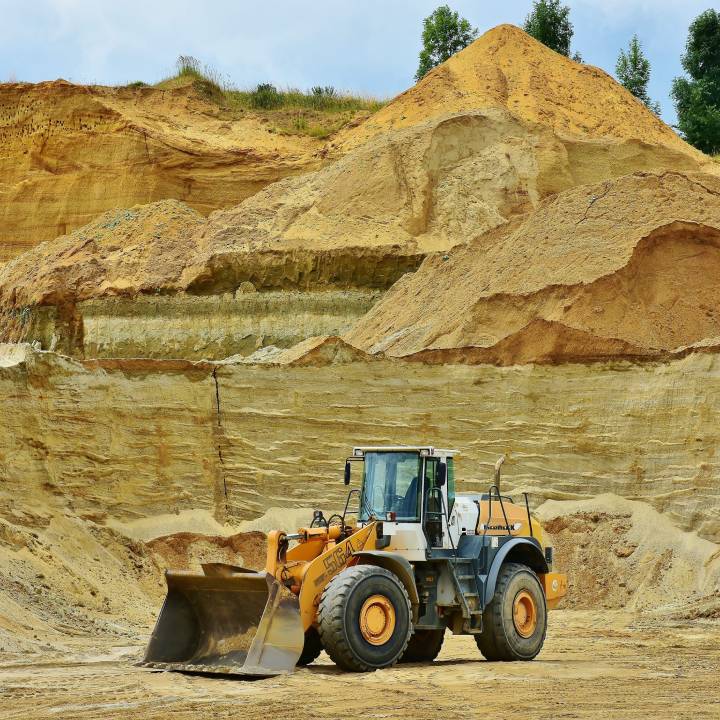Category
Cunningham LecturesAustralia’s policy makers are dealing with a mining boom unprecedented in our history. It is a boom that has been much celebrated. But we know that it will not last forever. At present rates of extraction, Australia’s known reserves of iron ore will be exhausted within a human lifetime, and known reserves of black coal will be exhausted within a century. Today, these two products make up more than a third of Australia’s total exports. As a whole, mining contributes about 60 per cent of Australia’s total exports, and at present rates of extraction those exports will last, on average, about 75 years. Of course, there will be further discoveries of mineral deposits in Australia. And rates of extraction could fall as other producers expand capacity and importing countries transform their economies in ways that reduce reliance on raw materials.
Which ever of these scenarios emerges, future generations of Australians will identify the present generation as that which extracted unparalleled monetary reward from the continent’s non-renewable natural resources; a ‘monetisation’ of non-renewable resources unmatched by any previous generation of Australians, and unlikely to be matched by any that follows. Those future generations – our children’s children – will have reason to examine whether we made the most of a mining boom that we knew could not last forever.
Who would want to sit that test?



